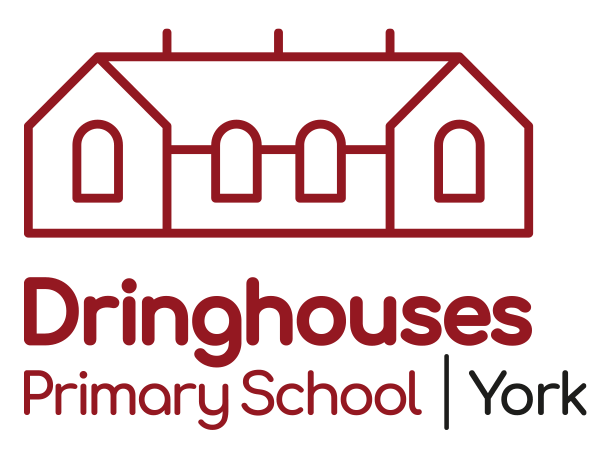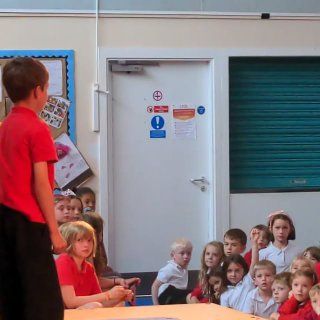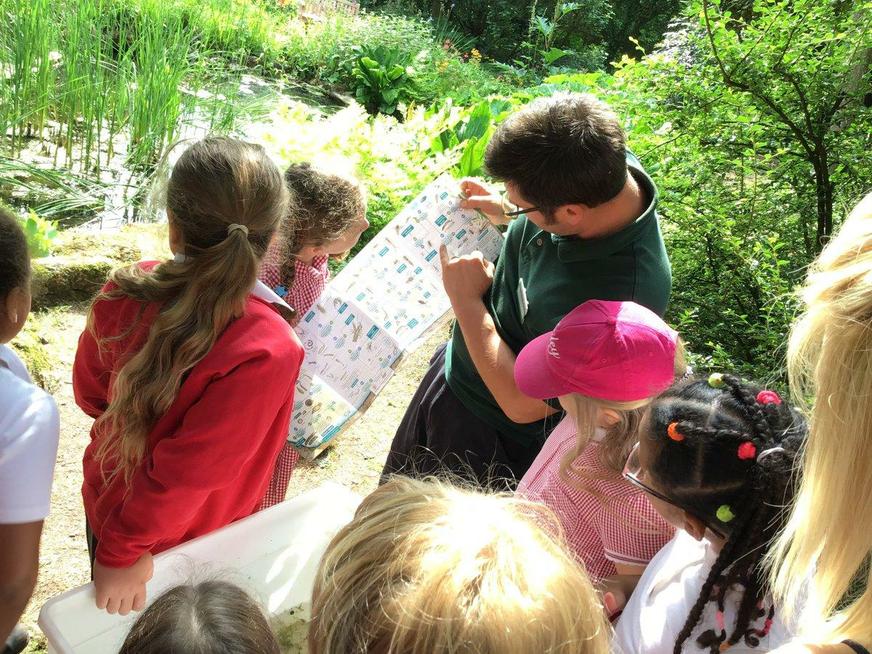- Home
- Find out
- Join in
- Learn more
- Our Curriculum
- Discovery Curriculum Overviews
- Our subjects
- Assessment
- Class 1+2 (EYFS)
- Class 3+4+5 (KS1)
- Class 6+7+8 (LKS2)
- Class 9+10+11 (UKS2)
- Health
- Homework
- Online Safety
- Phonics and early reading
- Play
- Relationships and sex education
- Religious Education
- Remote Learning
- Spiritual, Moral, Social & Cultural (SMSC)
- Staying safe (support for children)
- News and events





